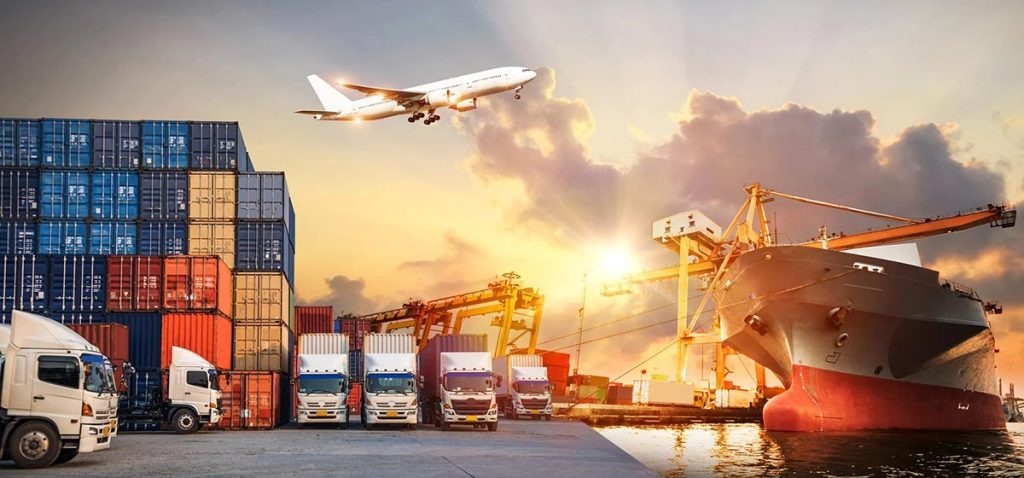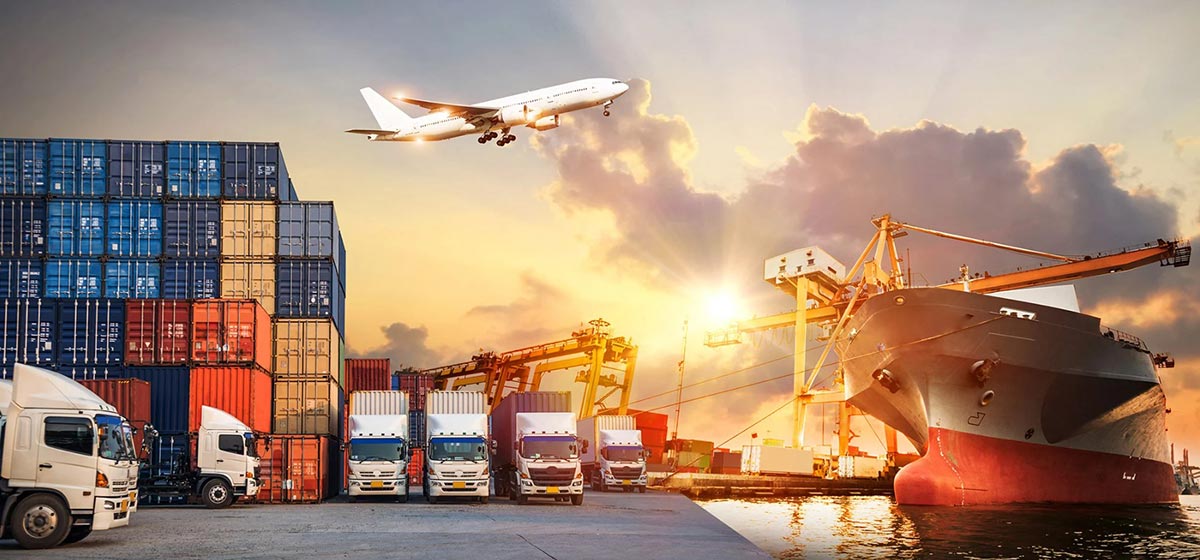Everything You Need to Know About Freight Forwarding
Freight forwarding plays a crucial role in the global economy by ensuring goods move efficiently from one place to another.
Whether it’s a tiny package or a massive shipment, freight forwarders are the behind-the-scenes heroes making it all happen seamlessly. In this guide, we’ll delve into the basics of freight forwarding, exploring what it is, how it works, and why it matters.
What is Freight Forwarding?
Freight forwarding is the coordination and facilitation of the movement of goods from one location to another. It involves a series of logistical tasks, including arranging transportation, managing documentation, and navigating customs regulations. Freight forwarders act as intermediaries between shippers (those sending the goods) and carriers (those transporting the goods).
What Do Freight Forwarders Do?

Freight forwarders ensure the smooth flow of goods across borders and continents. Some key responsibilities they handle include:
- Transportation Arrangement: Freight forwarders select the most suitable transportation methods for shipping goods, whether by air, sea, rail, or road. They negotiate rates and contracts with carriers to secure the best options for their clients.
- Documentation Management: International shipping involves a ton of paperwork, from customs forms to bills of lading. Freight forwarders handle all the necessary documentation, ensuring compliance with regulations and smooth customs clearance.
- Customs Clearance: Navigating customs procedures can be a headache for shippers. Freight forwarders are experts in customs regulations and work to expedite clearance, minimizing delays and avoiding costly penalties.
- Cargo Insurance: Freight forwarders help clients protect their shipments with cargo insurance, providing coverage against loss or damage during transit.
- Supply Chain Visibility: Throughout the shipping process, freight forwarders keep clients informed about the status of their shipments, providing real-time tracking and updates.
How Do Freight Forwarders Fit into the Transportation Industry?
Freight forwarders are huge players in the transportation industry, collaborating with stakeholders to ensure the smooth movement of goods. Here’s how they fit in:
- Shippers: Freight forwarders serve as partners for shippers, handling the logistics so businesses can focus on their core operations.
- Carriers: Freight forwarders work closely with carriers, including airlines, shipping lines, trucking companies, and railroads, to secure transportation capacity and optimize routes.
- Customs Authorities: Freight forwarders liaise with customs authorities to ensure compliance with import and export regulations, facilitating the timely clearance of goods.
- Warehousing and Distribution: Some freight forwarders offer additional services such as warehousing and distribution, providing end-to-end solutions for clients’ supply chain needs.
Why Choose a Freight Forwarder?
Partnering with a freight forwarder offers numerous benefits for businesses engaged in international trade:
- Expertise: Freight forwarders are specialists in global logistics, leveraging their knowledge and experience to navigate complex supply chain challenges.
- Efficiency: By outsourcing logistics tasks to a freight forwarder, businesses can streamline their operations and focus on their core competencies.
- Cost Savings: Freight forwarders negotiate competitive rates with carriers and optimize shipping routes to minimize costs for their clients.
- Risk Management: Freight forwarders help mitigate risks associated with international shipping, from customs compliance to cargo insurance coverage.
Related Articles:


